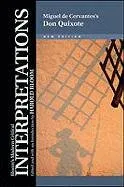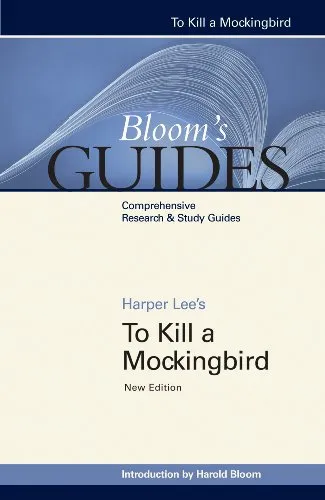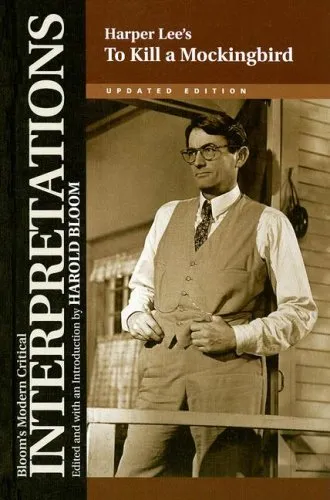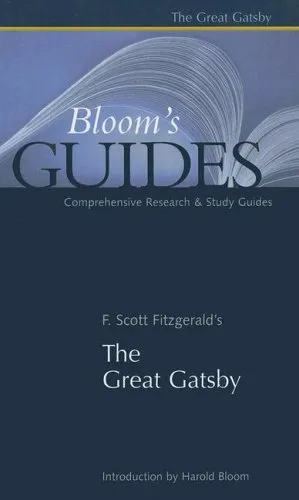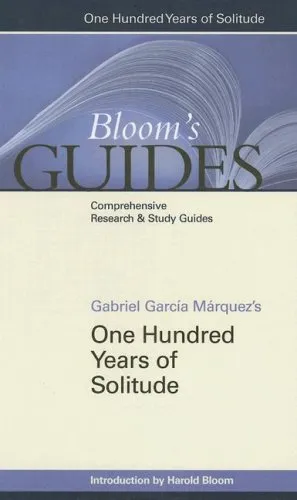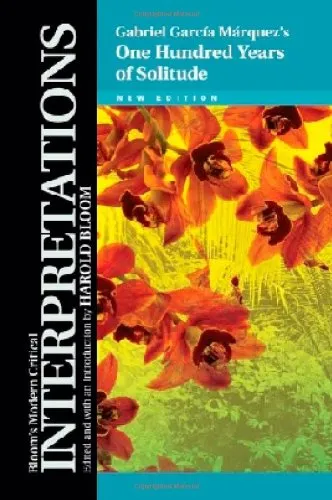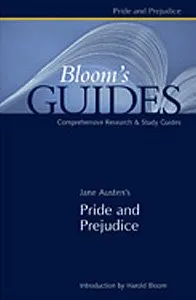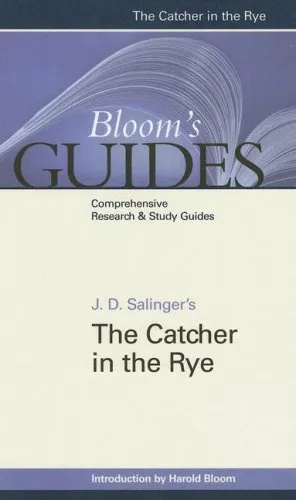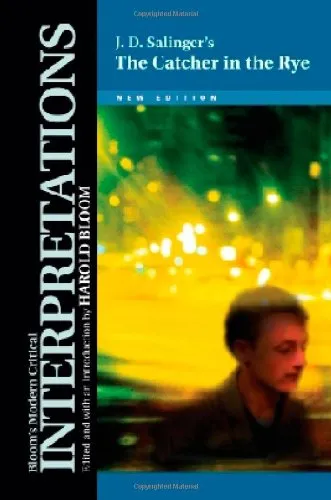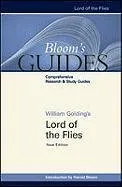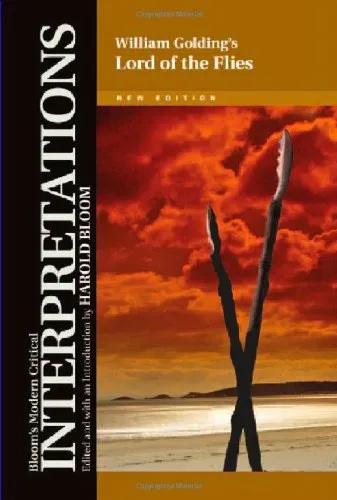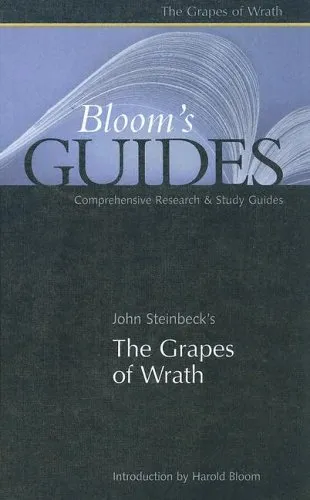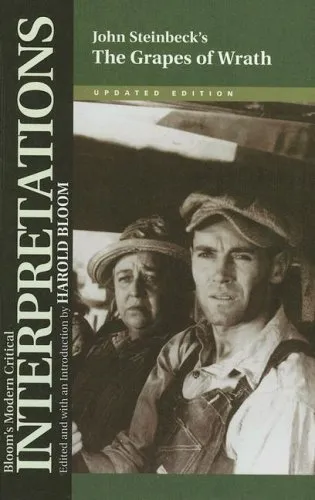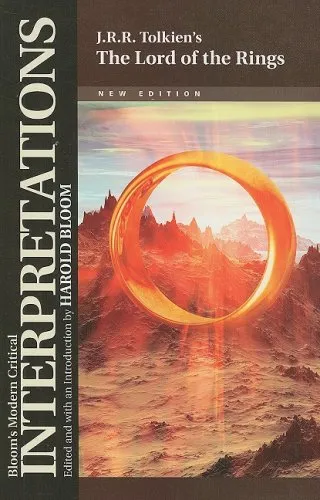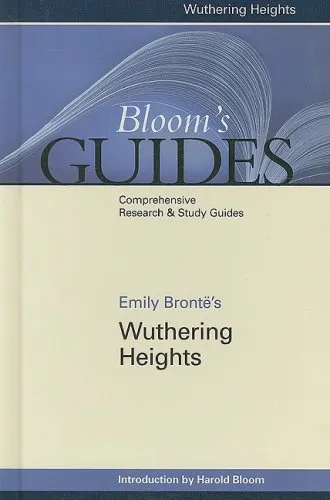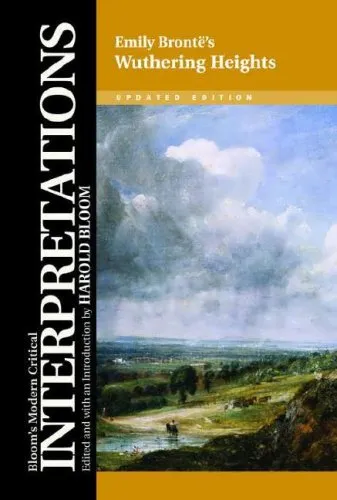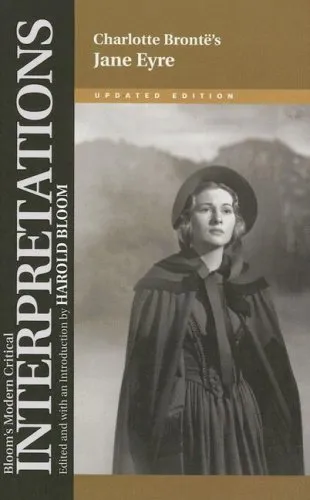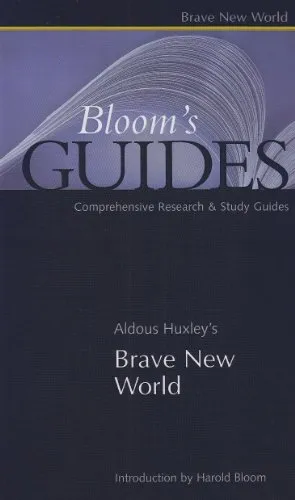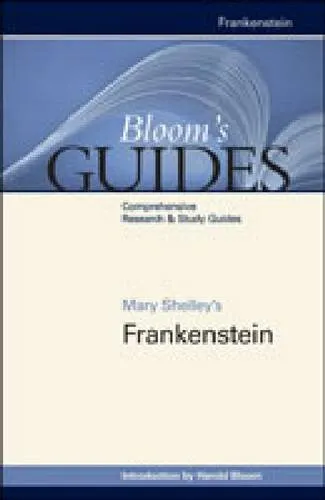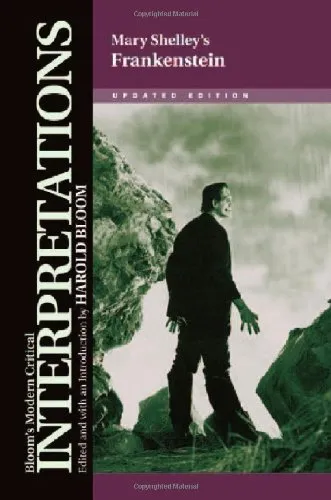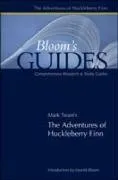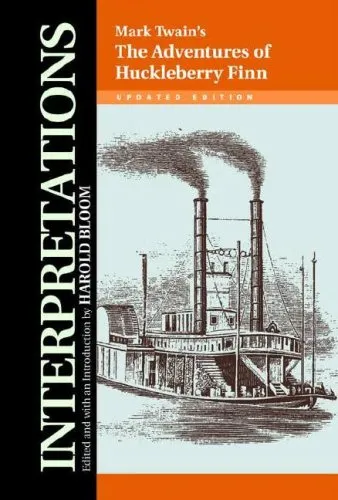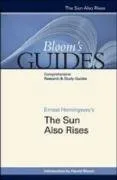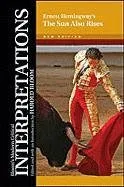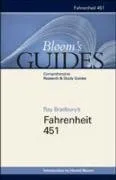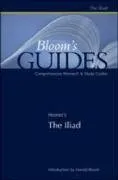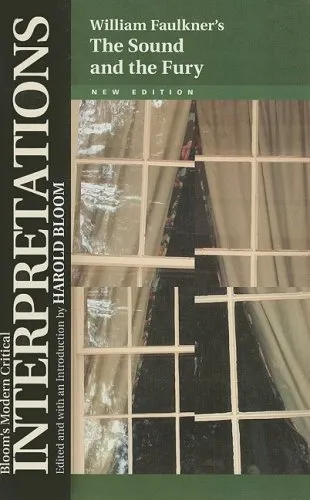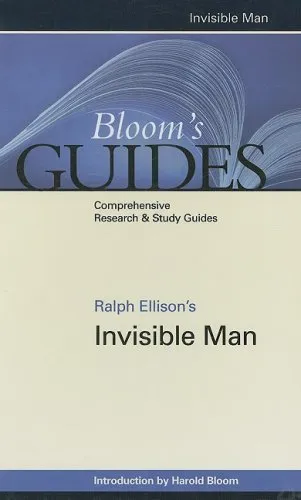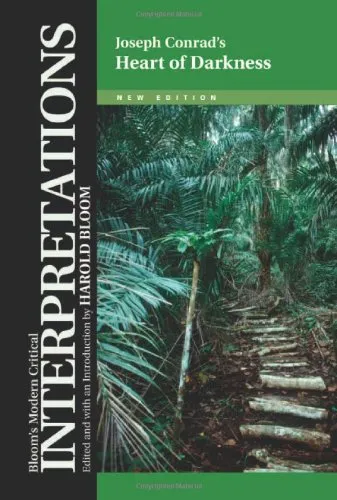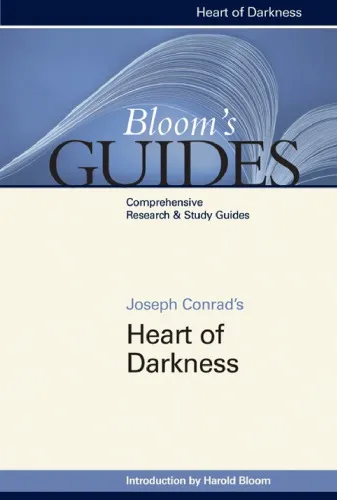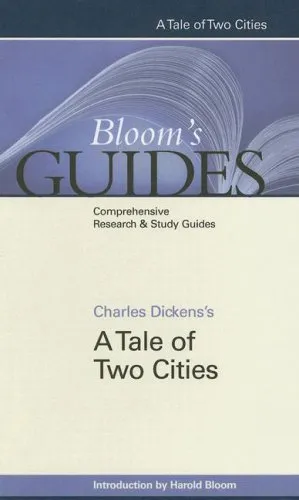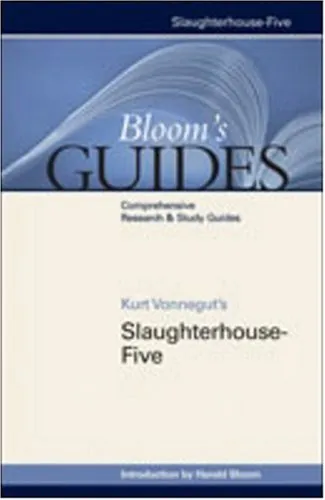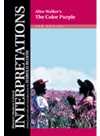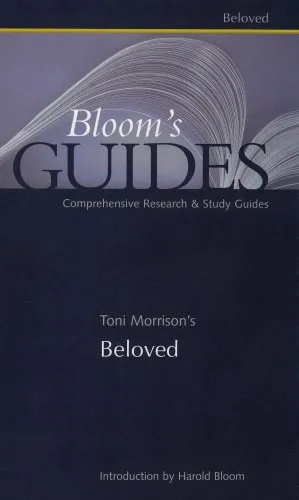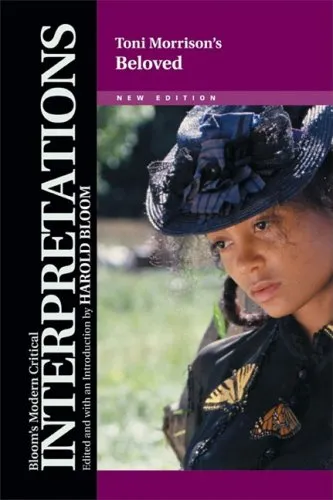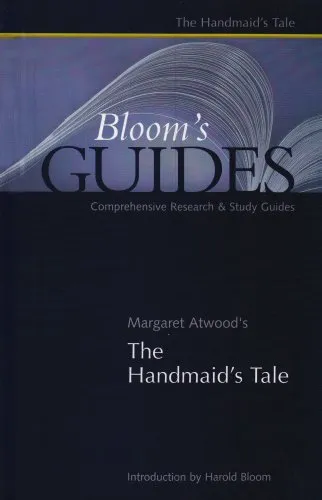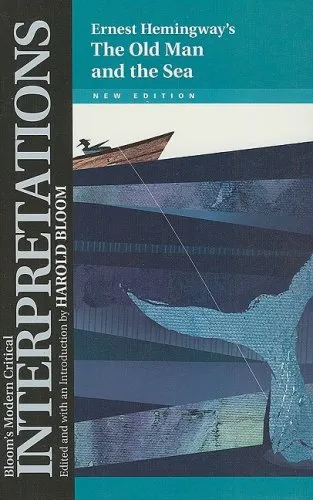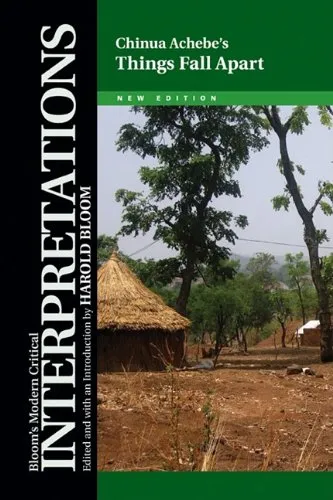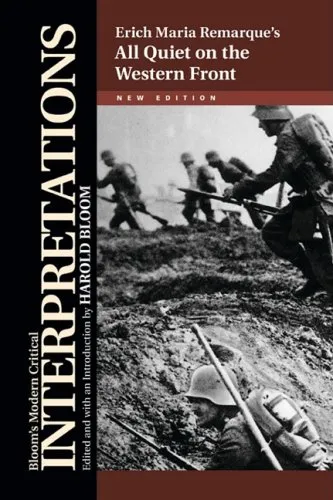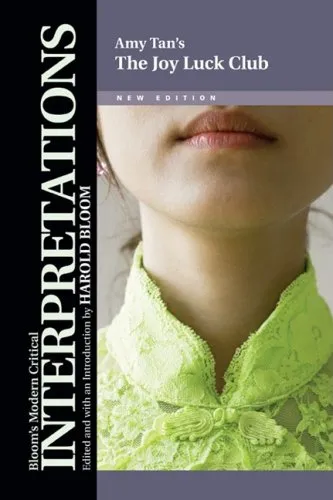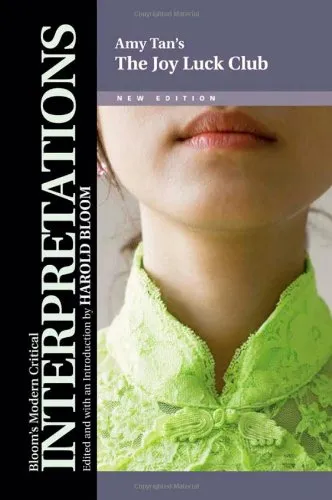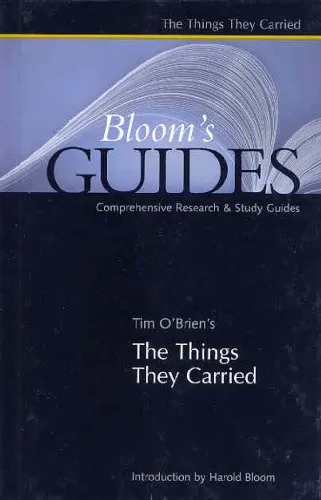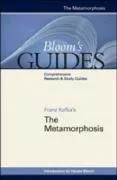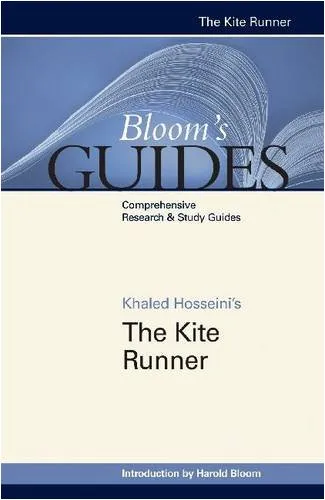Miguel De Cervantes Don Quixote; New Edition (Bloom's Modern Critical Interpretations)
4.5
Reviews from our users

You Can Ask your questions from this book's AI after Login
Each download or ask from book AI costs 2 points. To earn more free points, please visit the Points Guide Page and complete some valuable actions.Related Refrences:
Persian Summary
Introduction
Welcome to the new edition of "Miguel De Cervantes Don Quixote" in the Bloom's Modern Critical Interpretations series. Don Quixote, written by Miguel de Cervantes, is hailed as one of the greatest literary works in the Western canon, celebrated for its profound narrative, character development, and exploration of themes such as realism, idealism, and the nature of fiction itself. Our critical edition seeks to enhance your understanding of this timeless masterpiece with insightful essays and interpretations that unravel the complexities of Cervantes' work.
Detailed Summary of the Book
"Don Quixote" chronicles the adventures of Alonso Quixano, an aging nobleman obsessed with chivalric romances, who renames himself Don Quixote and devotes himself to the pursuit of knighthood. Abandoning reality in favor of his delusions, he recruits the practical and loyal farmer Sancho Panza as his squire. Together, they embark on a series of misadventures across the Spanish countryside, blurring lines between madness and reason, illusion and reality.
Cervantes crafts a meta-narrative filled with rich layers of storytelling, wit, and irony. The novel is divided into two parts, with an intermission of ten years between them. Part One surfaces as a narrative not merely about Quixote's hallucinations but about the fictional world constructed around him. In Part Two, Cervantes deepens the play with reality, highlighting how Quixote's initial exploits have influenced his surroundings.
Key Takeaways
- The duality of realism and idealism is intricately woven into the fabric of the novel, exploring how imagination can both enrich and distort our perceptions.
- Cervantes was one of the pioneers in employing a narrative structure that critiques its own form, engaging readers in a dialogue about literature's role in representing truth.
- The chronological evolution of Don Quixote from a simpleton to a character encouraging self-reflection in others represents the timeless nature of human endeavor and folly.
Famous Quotes from the Book
"When life itself seems lunatic, who knows where madness lies?"
"The truth may be stretched thin, but it never breaks, and it always surfaces above lies, as oil floats on water."
"In short, his wits being quite gone, he hit upon the strangest notion that ever madman in this world hit upon."
Why This Book Matters
"Don Quixote" is not merely a story about a delusional knight; it is a seminal work that has inspired countless authors and artists across generations. Its fusion of comedic elements with profound philosophical inquiry presents a narrative that's as engaging intellectually as it is entertaining. The novel expands the boundaries of literature and imagination, compelling readers to reflect on the ideals that govern their own lives.
This edition of Bloom's Modern Critical Interpretations allows scholars, students, and literary enthusiasts alike to delve deeper into Cervantes' world. It provides comprehensive analysis and insights, thus bridging historical, cultural, and thematic contexts.
Free Direct Download
You Can Download this book after Login
Accessing books through legal platforms and public libraries not only supports the rights of authors and publishers but also contributes to the sustainability of reading culture. Before downloading, please take a moment to consider these options.
Find this book on other platforms:
WorldCat helps you find books in libraries worldwide.
See ratings, reviews, and discussions on Goodreads.
Find and buy rare or used books on AbeBooks.
1614
بازدید4.5
امتیاز0
نظر98%
رضایتReviews:
4.5
Based on 0 users review
Questions & Answers
Ask questions about this book or help others by answering
No questions yet. Be the first to ask!
